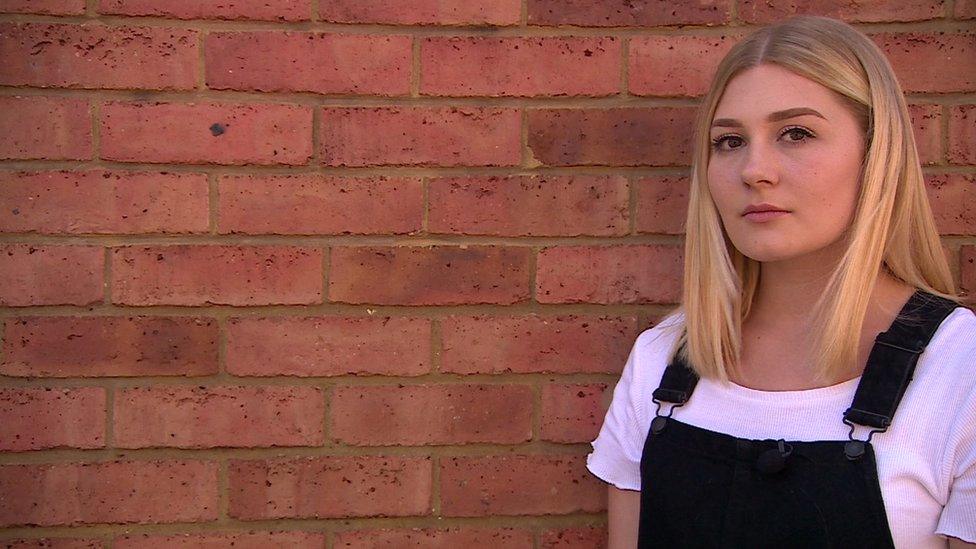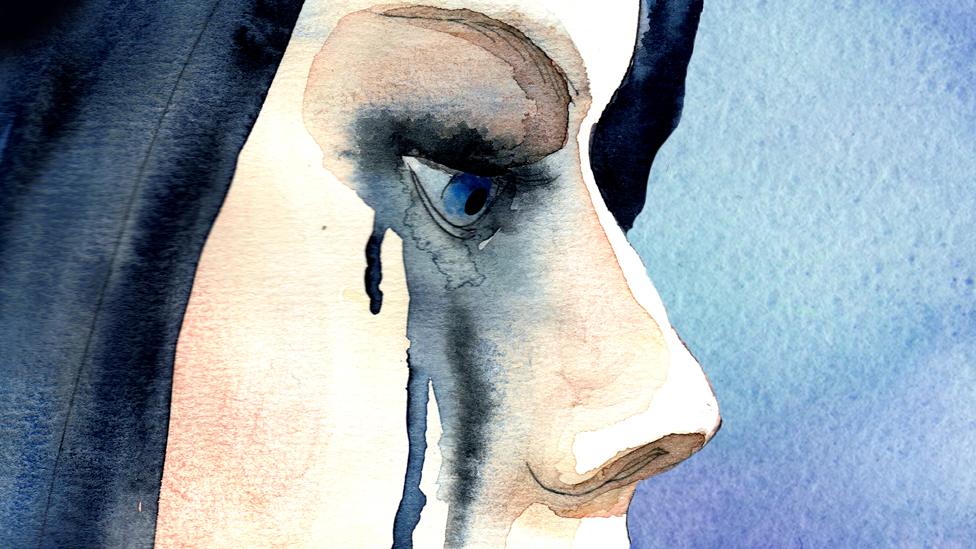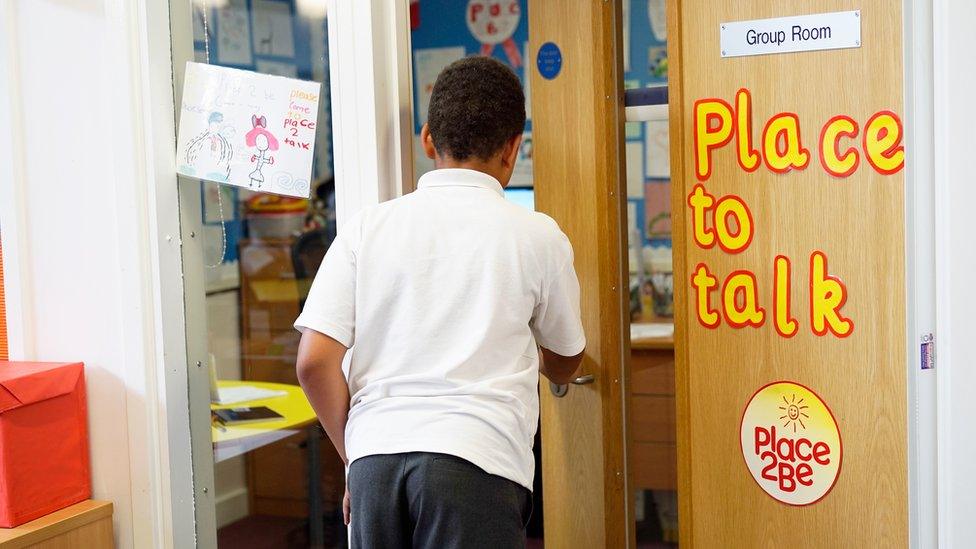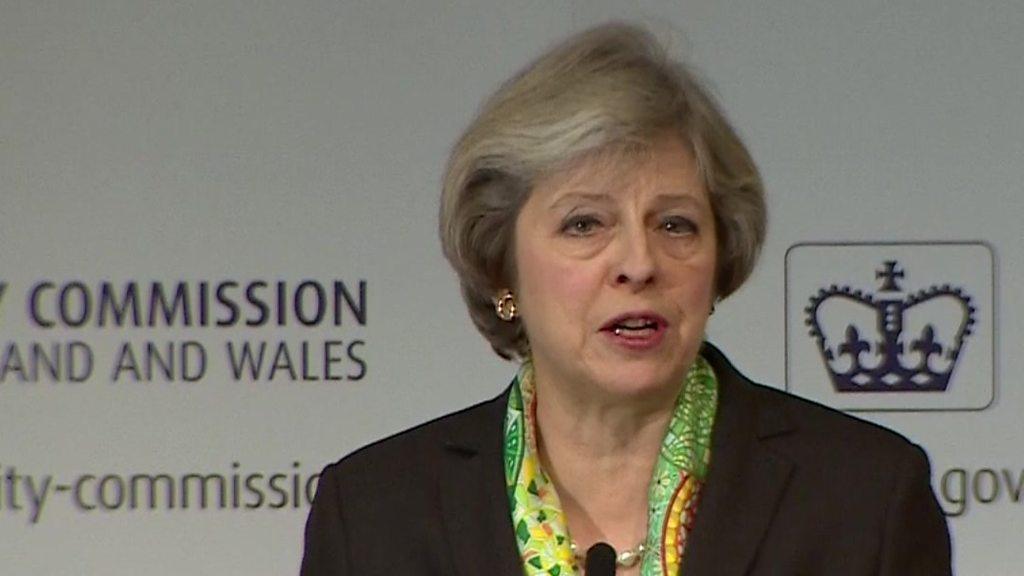Mental health: Children failed at vulnerable point
- Published

The care of young people with mental health problems is suffering when the time comes for them to move to adult services in England, an inquiry says.
The Healthcare Safety Investigation Branch (HSIB) said many young people experienced a difficult transition from child to adult care at exactly the time when they were most vulnerable.
Its report recommended a more flexible approach to moving into adult services instead of having the cut-off at 18.
Every year 25,000 make this transition.
But as adult services often have different thresholds for providing support, delays can happen or young people can lose their support altogether.

The HSIB - a new body set up to carry out no-blame investigations to help the NHS learn from mistakes - recommended a wider window so transition could take place gradually up to the age of 25.
The investigation was sparked by the suicide of an 18-year-old shortly after moving from child to adult mental health services.
It said the young man had been let down, with his child mental health service hampered by the pressure to pass him on to adult care.
The findings have been backed by those who have experienced the system.
'Life on adult ward was scary'
Tee spent two years in a mental health hospital in Northampton when her transition from child to adult services went wrong.
She was self-harming when she was young and started getting help when she was 14.
Within three years, the process of moving to adult care began.
But there was a year delay before she got help, by which point she had to be admitted under the Mental Health Act after taking an overdose.
She describes her time on an adult ward as "very scary".

Tee says the NHS needs to change its approach to young people with mental health problems
She has since recovered well and is now working part-time in a cafe.
"I have a lot more positive days than days I find difficult," she says.
But she still does not understand why the system has such a sharp cut-off.
"Eighteen is such a vulnerable age," she says. "I don't know why it is like this. Something has to be done."
HSIB chief investigator Keith Conradi said: "This is a very important issue.
"Many young people still do not have a positive experience and, as a result, disengage from services."
Sean Duggan, of the Mental Health Network, which represents services, said the health service was aware there were problems that needed to be addressed.
"Patients must be at the centre of all our service," he added.
- Published19 April 2018

- Published9 February 2018

- Published3 December 2017

- Published9 January 2017
